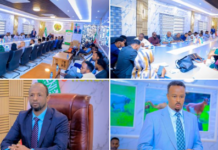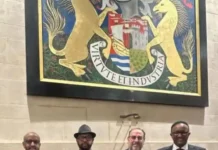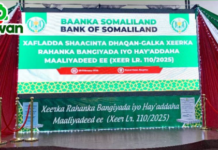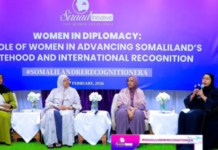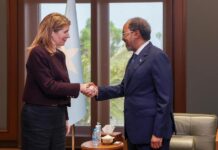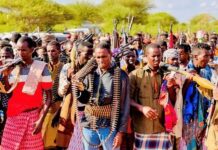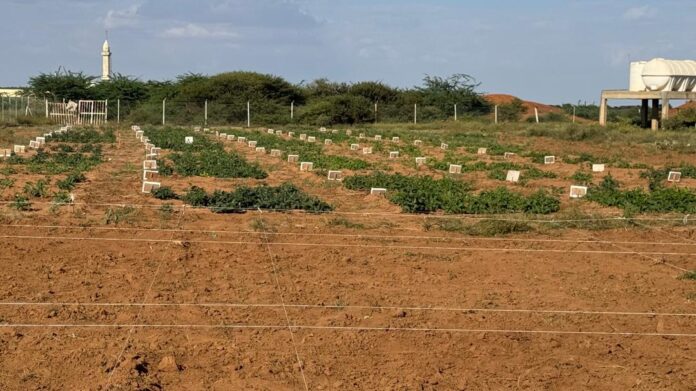HARGEISA — In a major step toward strengthening food security and agricultural resilience, the Somaliland Institute of Agricultural Research (SIAR) has imported 156 distinct wheat varieties from the International Maize and Wheat Improvement Center (CIMMYT) in Nairobi, Kenya. This initiative represents a pivotal moment in Somaliland’s pursuit of climate-resilient, high-yield wheat varieties suited to local farming systems.
According to SIAR officials, the imported wheat strains will undergo rigorous evaluation across Somaliland’s diverse agro-ecological zones. The objective is to identify varieties that thrive in local conditions—tolerant to drought and heat, resistant to common plant diseases, and capable of delivering strong yields.
> “We will select varieties that show superior adaptability, short maturity cycles, and strong resistance to drought, heat, and disease,” said SIAR’s deputy executive director. “This marks a significant alignment of modern agricultural science with the realities of Somaliland’s environment.”
The wheat varieties will be planted in field trials across various regions, reflecting the country’s diverse climates and soil types. Through this testing, researchers aim to determine which varieties perform best under local conditions. The broader goal is to reduce dependence on wheat imports and boost domestic food production.
SIAR’s vision, however, extends well beyond wheat. The institute plans to introduce and test a wider array of field crops in the coming years, with the long-term aim of developing crop varieties that are bred and adapted specifically for Somaliland’s needs.
A key component of this strategy involves the revival and purification of native crop varieties—also known as local landraces—that have been neglected or lost over decades of conflict. These indigenous crops often possess unique genetic traits and are considered essential for maintaining biodiversity and ensuring food sovereignty.
> “We are not only testing imported varieties,” the SIAR executive director explained. “We’re also comparing them directly with local landraces to assess their performance and preserve the genetic heritage of our crops.”
This initiative signals the beginning of a new chapter in Somaliland’s agricultural development—one that fuses global scientific research with local resilience. As climate change and food insecurity continue to challenge communities across the Horn of Africa, SIAR’s forward-thinking approach offers a hopeful path toward sustainable farming and national food self-sufficiency.
Abdirahman Ibrahim Abdilahi


